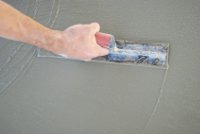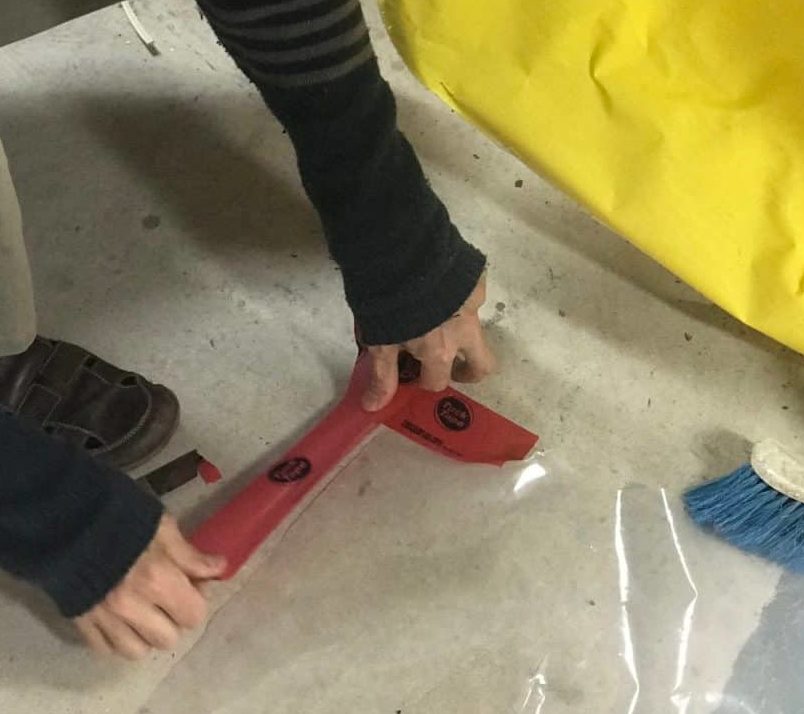Alkalinity Tests For Floor

You can also check your pipes and equipment for improper chemical levels that can cause corrosion and scale buildup shortening their life.
Alkalinity tests for floor. Testing is required at a rate of three 3 tests for the first 1 000 square feet of flooring and one 1 additional test for each 1 000 square feet of flooring space thereafter. Manufacturers of resinous coatings adhesives and floor coverings specify testing for the moisture vapor emission rate mver of a. High alkalinity occurs when too much moisture moves through the slab. Consequently the vapor transmission and alkalinity tests cannot offer a 100 guarantee of long term successful floor covering installation.
High alkalinity destroys the bond between the adhesive and floor covering. No wonder that the flooring manufacturers set the limits conservatively low. 02 all new and old concrete surfaces above on or below grade level shall be assessed for both moisture and alkalinity content at a number of locations three tests for first 100 m 1000 ft and one for each additional 100 m 1000 ft with one within 1000 mm 36 of an outside wall for slabs on grade and the building must be. Too many tests are being set without floor.
Test for contaminants before installing water treatment equipment such as boilers and filters. These tests should be performed on all concrete slabs regardless of their age or grade level. Alkalinity from arabic al qalī is the capacity of water to resist changes in ph that would make the water more acidic. Pool alkalinity is an important factor in keeping your swimming pool water both sanitary and pleasant to swim in.
It should not be confused with basicity which is an absolute measurement on the ph scale alkalinity is the strength of a buffer solution composed of weak acids and their conjugate bases it is measured by titrating the solution with a monoprotic acid such as hcl until. In actuality the water is being influenced by. Alkalinity is a natural constituent of all concrete. This ability is called buffering.
The internal alkaline state of concrete prevents reinforcing steel from rusting. When the total alkalinity is low the ph can fluctuate in a seemingly random manner. There is still some uncertainty. Concrete moisture and alkalinity testing is an essential part of determining the suitability of a concrete slab to receive a moisture sensitive floor covering.

















